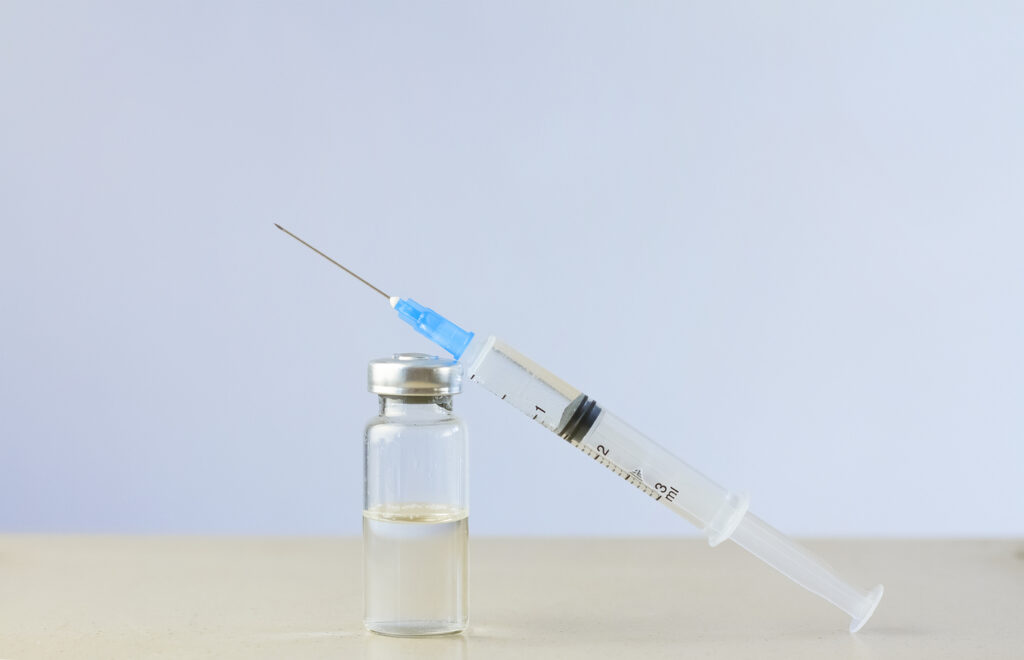The U.S. Food and Drug Administration (FDA) has accepted the Biologics License Application (BLA) for the subcutaneous formulation of nivolumab (Opdivo, BMS) co-formulated with Halozyme’s proprietary recombinant human hyaluronidase (rHuPH20) or subcutaneous nivolumab across all previously approved adult solid tumor nivolumab indications as monotherapy, monotherapy maintenance following completion of nivolumab plus ipilimumab (Yervoy, Bristol Myers Squibb) combination therapy, or in combination with chemotherapy or cabozantinib.
The FDA assigned a Prescription Drug User Fee Act (PDUFA) goal date of February 28, 2025.
Nivolumab, a programmed death-1 (PD-1) immune checkpoint inhibitor, is currently available as a solution for intravenous (IV) infusion. Subcutaneous nivolumab has the potential to be the first and only subcutaneously administered PD-1 inhibitor.
“We believe subcutaneous nivolumab has the potential to make a significant difference in the lives of patients, which is reinforced by the FDA’s acceptance of our application,” says Gina Fusaro, PhD, Vice President and Global Program Lead at Bristol Myers Squibb, in a news release. “If approved by the FDA, the subcutaneous administration of nivolumab would provide patients and their physicians with a new option that delivers the same well-known benefits as IV Opdivo but with the improved convenience of an injection administered in 3-to-5 minutes rather than a 30-to-60-minute infusion.”
The FDA filing acceptance is based on the Phase 3 CheckMate -67T study in which subcutaneous nivolumab demonstrated noninferiority of Cavgd28 (time-averaged nivolumab serum concentration over 28 days) and Cminss (trough serum concentration at steady state), the study’s co-primary endpoints, vs. intravenous (IV) nivolumab in patients with advanced or metastatic clear cell renal cell carcinoma (ccRCC) who have received prior systemic therapy. Additionally, subcutaneous nivolumab showed noninferiority of the key powered secondary endpoint of objective response rate (ORR) as assessed by Blinded Independent Central Review (BICR) vs. IV nivolumab. The safety profile of subcutaneous nivolumab was consistent with the IV formulation. The pharmacokinetics, efficacy, and safety results from CheckMate -67T were presented at the American Society of Clinical Oncology (ASCO) 2024 Genitourinary Cancers Symposium.
“An Exciting Prospect”
 This is an exciting prospect and could be welcome news for some melanoma patients, says Ted Rosen, MD, a Professor of Dermatology at Baylor College of Medicine in Houston and the Medical Editor of the Dermatology Digest.
This is an exciting prospect and could be welcome news for some melanoma patients, says Ted Rosen, MD, a Professor of Dermatology at Baylor College of Medicine in Houston and the Medical Editor of the Dermatology Digest.
If the FDA approves subcutaneous nivolumab, “it would mean increased convenience for our patients who receive this agent for melanoma,” he says. “If it is recommended as the treatment of choice for some of our melanoma patients by medical oncologists, we can give some good news to the patients who know us, and some dermatologists might start giving it to the patients, and it would be comforting to receive therapy from a provider they already know.”


